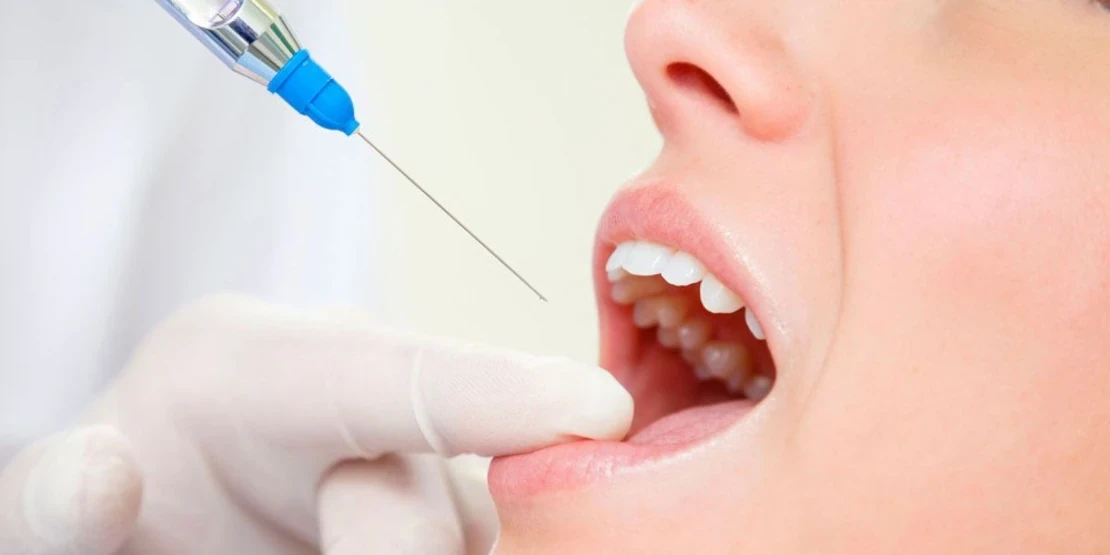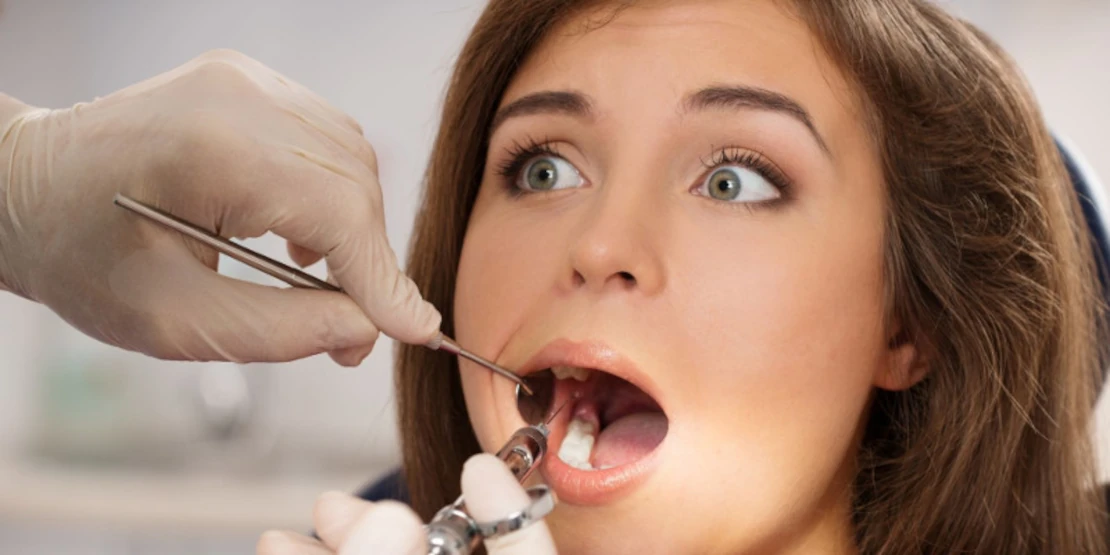
In today's medical world there are many anesthetics and local anesthetics that allow medical intervention without any discomfort for the patient. But still there are cases when no anesthesia works. In recent years, such cases are becoming more and more common.
Why isn't the anesthesia working?
1. Because the anatomy of the mouth is very complex, different drugs are used to anesthetize different areas. For example, anesthesia used to anesthetize the upper jaw may not work on the lower jaw. Due to individual features of the jaw structure and nerve endings of the patient may simply not suit a certain anesthetic. This situation will be remedied by a different injection.
2. It has been scientifically proven that the rare genetic Ehlers-Danlos syndrome causes resistance to local anesthesia in some patients. In such cases, stronger anesthetics have to be selected and several injections have to be given. The use of anesthesia for patients with this syndrome is highly individualized.
3. Strange as it may seem, fear of the dentist triggers the release of a hormone that prevents the anesthesia from working. In this case, a sedative injection is given before the dentist's visit.
Each of these reasons can be determined by the dentist. In most cases, the anesthetic does not work because too little time has passed since the injection was given.
An agitated body due to stress also delays the effect. For some patients, anesthesia must be specially selected because standard anesthesia does not work for them.
In special cases, the specialist may recommend the use of general anesthesia.

If you know that your body does not tolerate local anesthesia, be sure to alert your physician before your appointment.
If you have regular problems with pain relief, you need to be sure to find out the cause. Experienced dentist will find a solution and select an alternative method of anesthesia.
